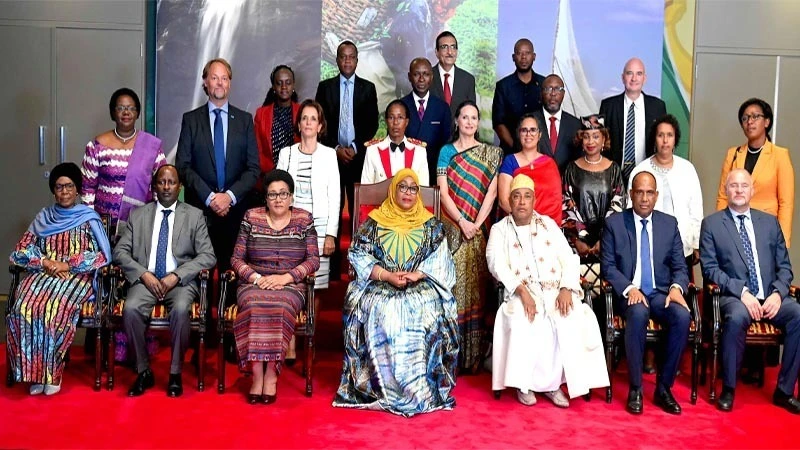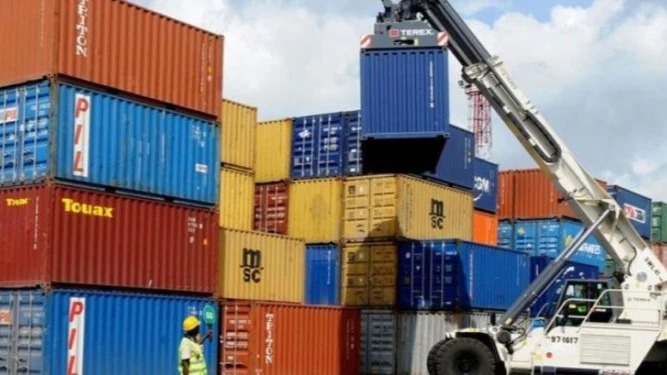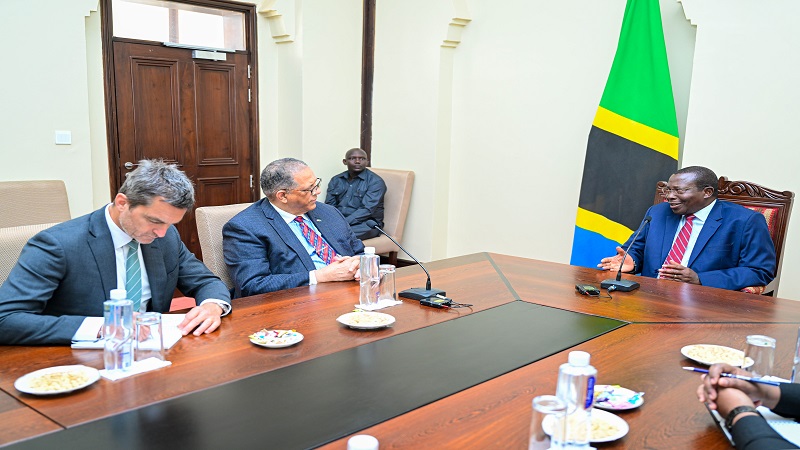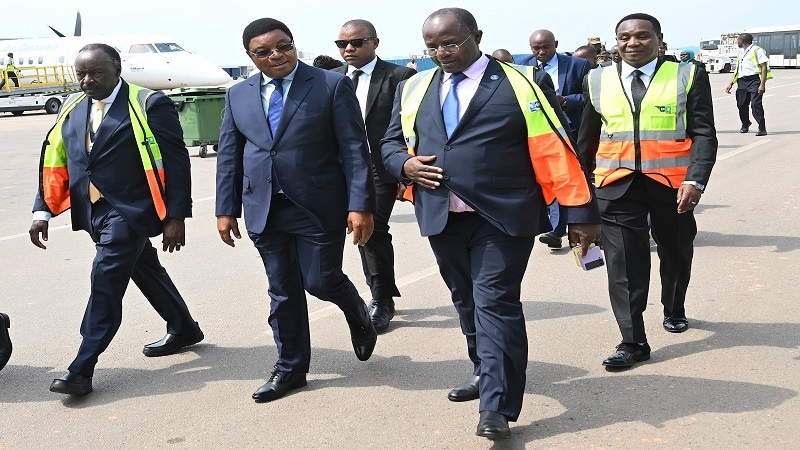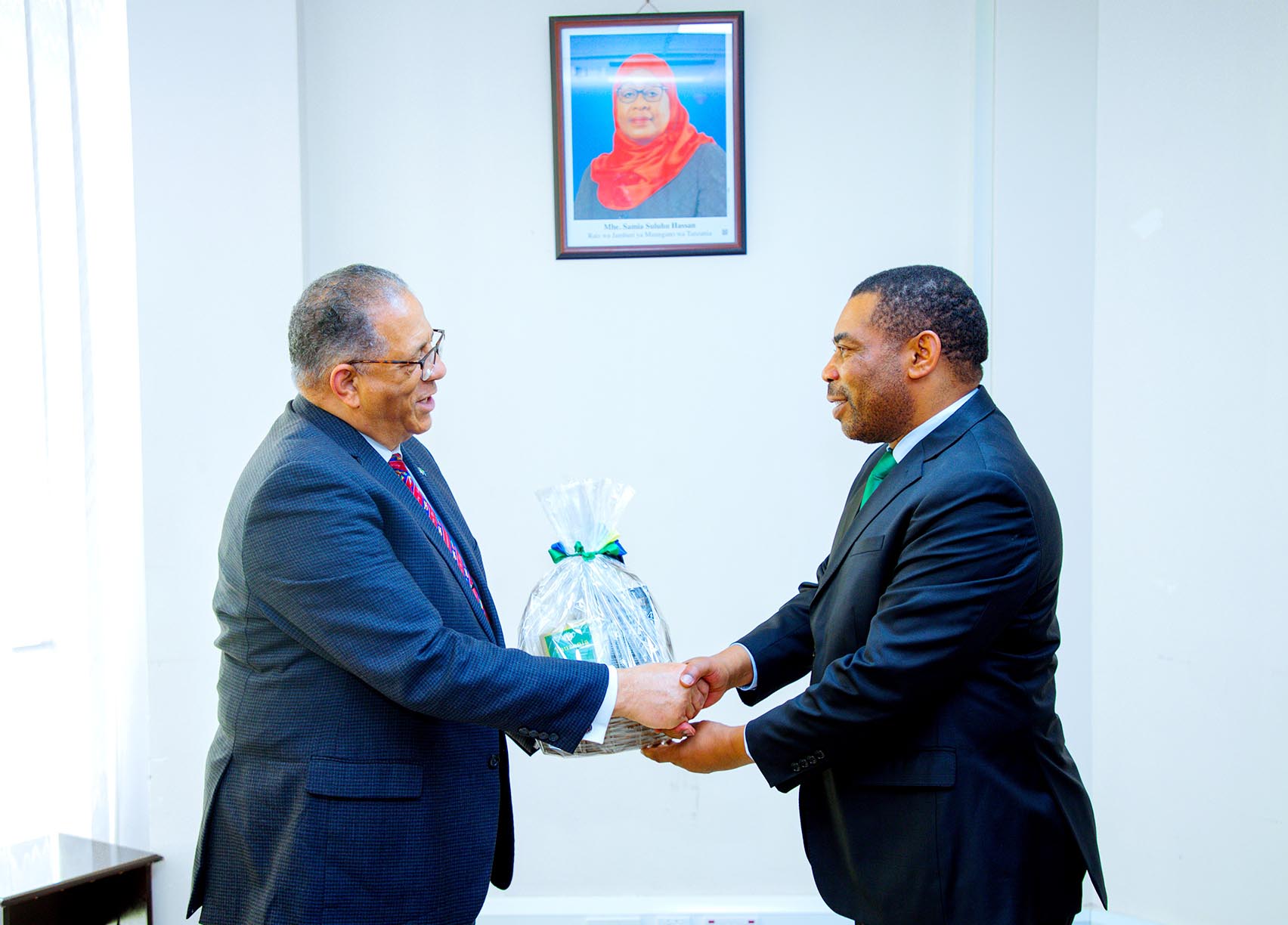TGNP train NGO executives on new gender policy, programme responsive budgeting
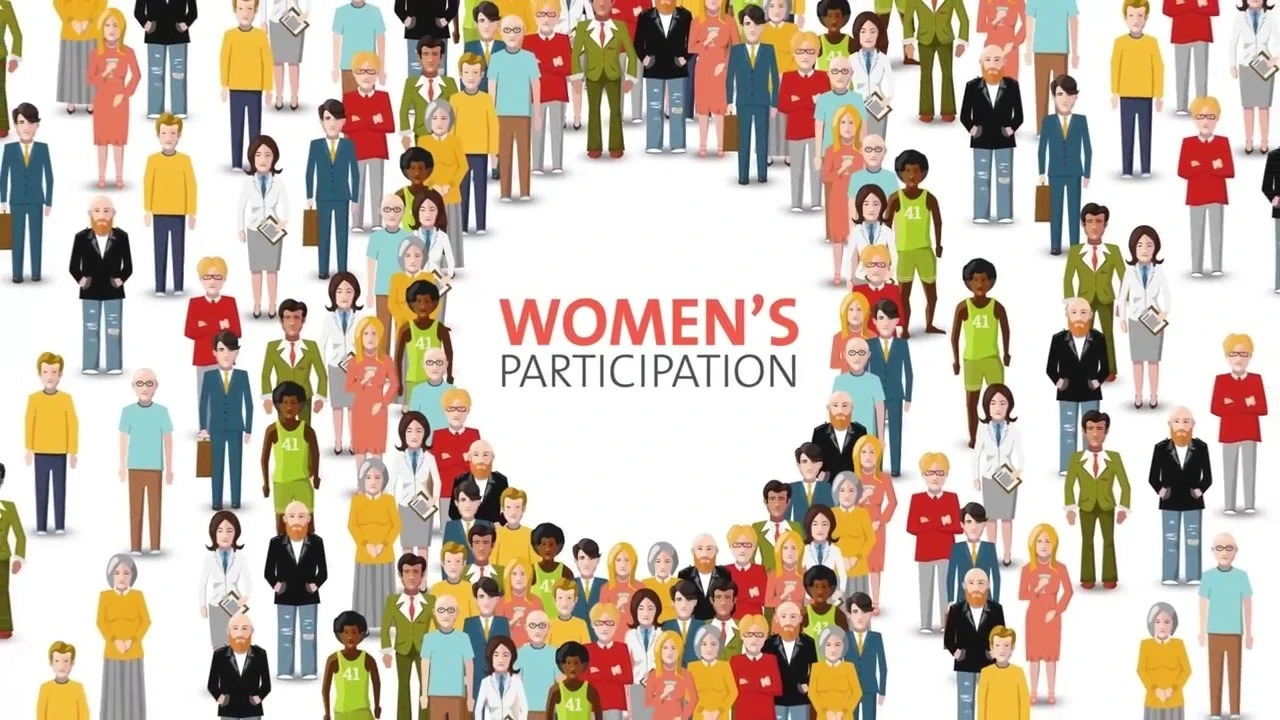
THE Tanzania Gender Networking Program (TGNP) has organized a one-day seminar for chief executive officers and managers representing at least 20 non-government organizations (NGOs) which aimed at training them on the National Gender and Women Development Policy 2023 so that they can start aligning their programs with the policy requirement especially on gender responsive budgeting (GRB).
Speaking at the seminar yesterday in Dar es Salaam, Sultan Mhina, Gender and Development Consultant at GAD Consultants said that they have consulted the stakeholders to exchange experiences about the policy as important stakeholders in its implementation.
He said that in all the matters contained in the policy, great emphasis has been placed on justice and equality among all citizens in accessing services provided through public funds derived from tax collections.
"For example, when we hear that the Rural Energy Agency is connecting villages to electricity, let that electricity benefit all people without discrimination. That electricity is there not only to turn on the lights but also to be used to run social activities like salon and welding," he said.
Mhina said that TGNP have called the stakeholders to conduct a joint review of what the policy has identified as priority so that they can consider them in serving the community.
"We also aim to give stakeholders a reason to evaluate how far their services have contributed to the matters specified in the policy. For example in economic empowerment and combating gender violence," he said.
Eddah Duncan, Executive Director, Empowering Women and Adolescent Girls Tanzania (WAGITA) said that NGOs have been working in accordance with the policy of 2002 which was revived last year with many new aspects that chief executives and managers should be familiar with.
"Through this seminar, I have understood the priority trends that this new policy requires us development stakeholders to deal with;
My institution is engaged in women's economic empowerment where this policy has identified important areas involving special groups such as people with disabilities," she said.
She said that the policy also encourages the monitoring of the implementation of the development budget up to the village and street levels. It indicates how NGOs can contribute to its implementation in their programs.
Mophat Mapunda, Assistant Director, Youth and Women Development Foundation (YOWED) said that NGOs aim at community development where knowing the policies and budgets of the government is important to waive conflicts of interest during the preparation of plans and implementation.
"Knowing the policy helps to know what aspects to consider in our programs so that they are in line with the plans and strategies of the government," said Mapunda.
Top Headlines
© 2025 IPPMEDIA.COM. ALL RIGHTS RESERVED















